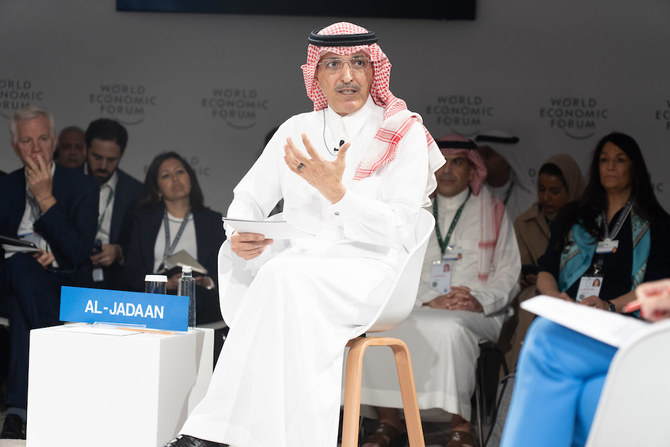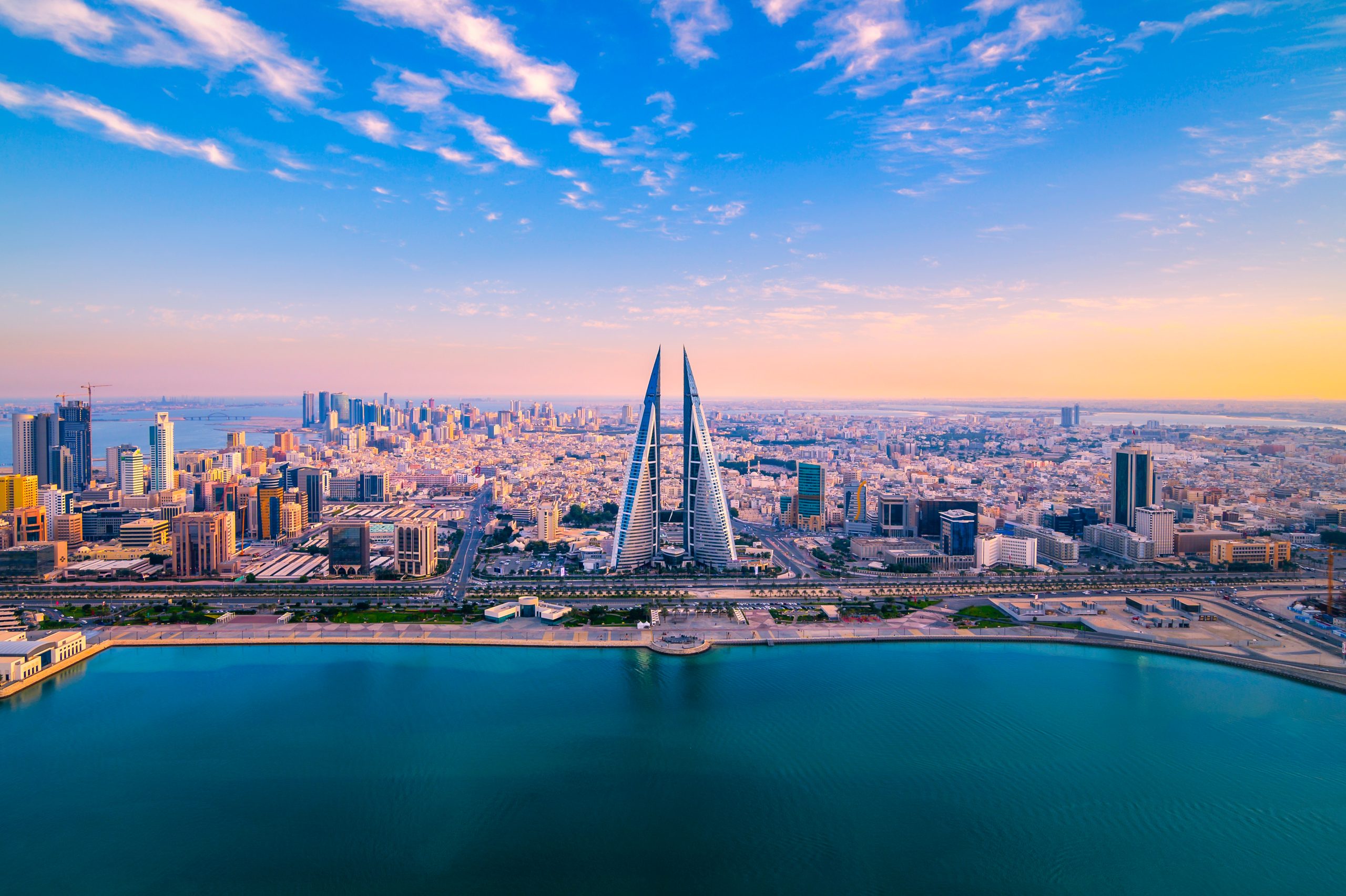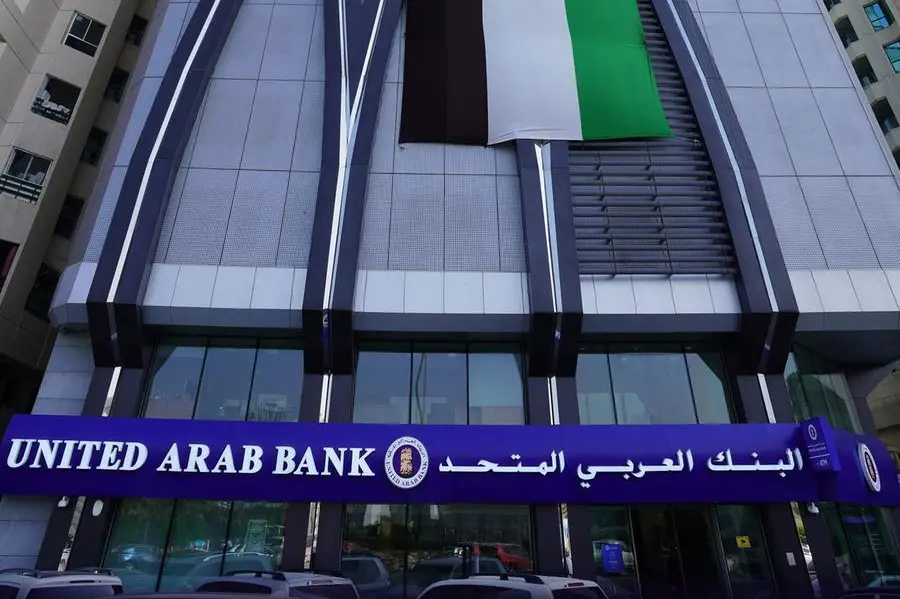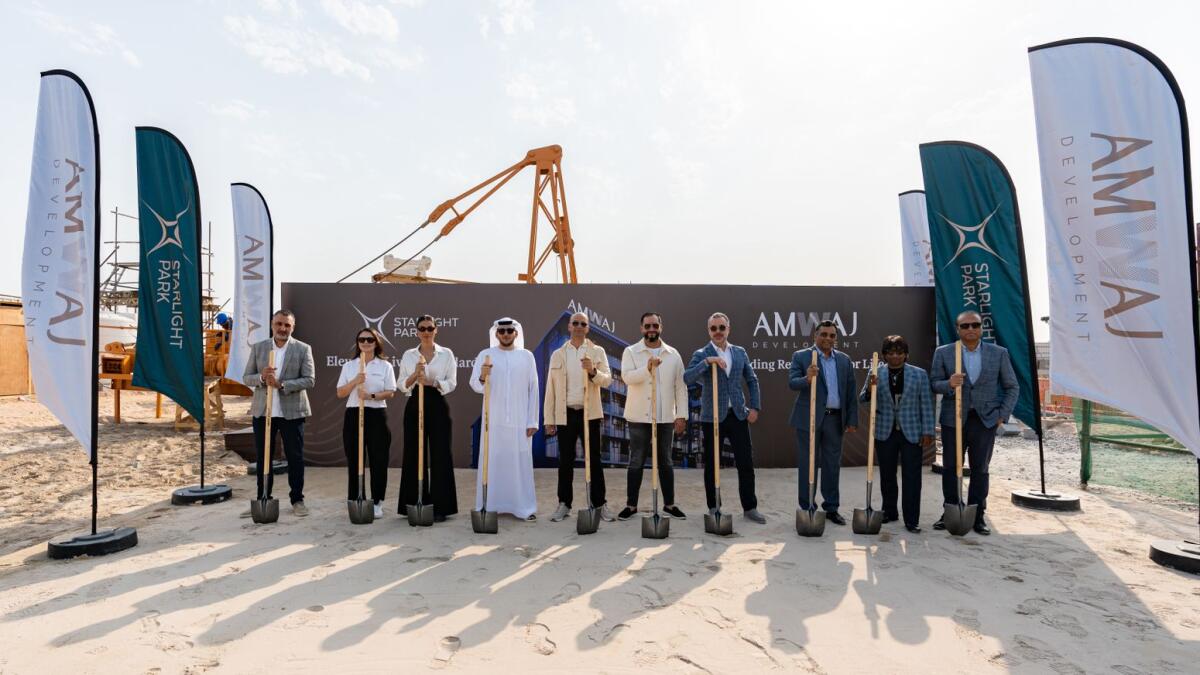Economic Risks from Geopolitical Tensions Highlighted by Saudi Finance Minister in Riyadh
Saudi Arabia’s Finance Minister Mohammed Al-Jadaan discussed the severe impacts of geopolitical conflicts like those in Gaza and Ukraine on global economic stability.
Saudi Arabia’s Finance Minister, Mohammed Al-Jadaan highlighted during his participation in a panel at the World Economic Forum special meeting in Riyadh on April 28, that the conflicts in Gaza and Ukraine are exerting substantial stress on the global economic climate.
He emphasized that the increasing geopolitical threats are a primary risk to the global economy, significantly influenced by the direct economic impacts of these conflicts. Al-Jadaan pointed out that such geopolitical tensions are not only escalating but are also affecting economies through heightened economic sentiment.
He further expressed deep regret over the loss of civilian lives in these conflicts, stressing the importance of deescalation by responsible leadership and countries.
Saudi Arabia, according to Al-Jadaan, has been actively working to reduce regional tensions, which he described as a precise goal for the nation, emphasizing the need to focus on regional growth and economic development over political strife.
During the forum, Palestinian President Mahmoud Abbas also spoke, noting the severe impact of the Gaza conflict, which started with a Hamas-led attack on southern Israel on October 7 of the previous year, leading to significant Palestinian casualties and extensive destruction within Gaza.
Al-Jadaan also warned about the negative consequences of geopolitical maneuvering, including economic fragmentation and protectionism, which could undermine global economic health. He advocated for adaptable policymaking to handle such challenges.
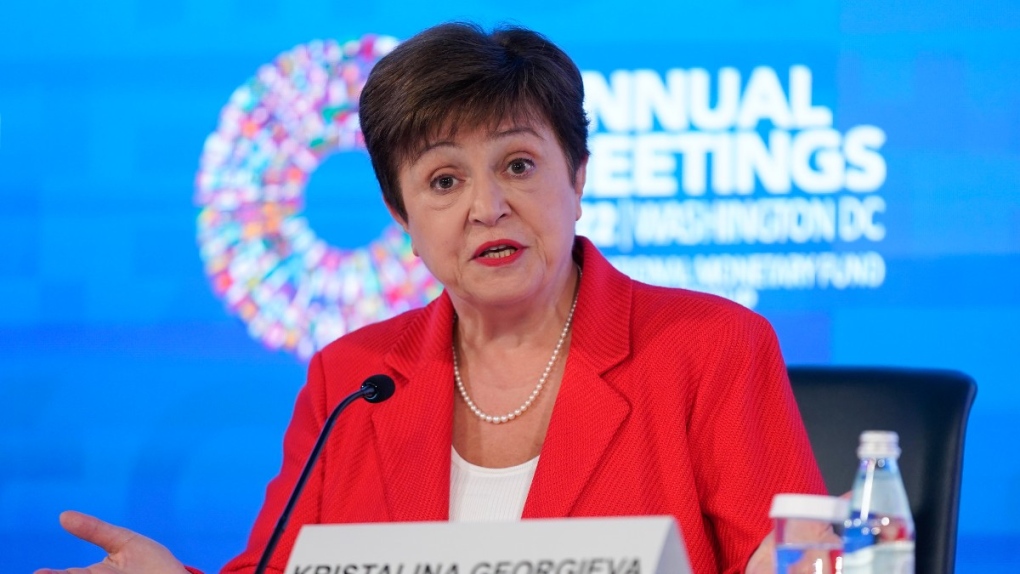
Kristalina Georgieva, the International Monetary Fund‘s managing director, also addressed the issue of economic fragmentation, marking it detrimental to growth prospects. She outlined immediate priorities for countries, including managing inflation and rebuilding fiscal buffers, while emphasizing the importance of cooperation.
Al-Jadaan concluded by stressing the importance of long-term economic planning and adaptation to changing circumstances, underscoring the need to focus on human capital as a long-term investment for regional and global prosperity.
The forum gathered about 1,000 officials and experts from 92 countries to discuss global collaboration, growth, and strategies for handling interconnected crises and geopolitical tensions.
Chris Dixon, a partner who led the charge, says he has a ‘very long-term horizon’
Americans now think they need at least $1.25 million for retirement, a 20% increase from a year ago, according to a survey by Northwestern Mutual
Saudi Arabia ranked first among countries for the non-oil exports of national origin with BD201 million (22%)
Bahrain’s non-oil exports of national origin decreased by 6% to BD894 million ($2.37 billion) in Q2 2024 compared to the same period in 2023. The top 10 countries accounted for 64% of the total export value.
According to the Information & eGovernment Authority (iGA) in its Q2 2024 Foreign Trade report, Saudi Arabia was the leading destination for these exports, totaling BD201 million (22%). The US followed with BD75 million (8.4%), and the UAE with BD73 million (8.2%).
Unwrought aluminum alloys were the top exported product in Q2 2024, amounting to BD267 million (30%), followed by agglomerated iron ores and concentrates alloyed at BD159 million (18%) and non-alloyed aluminum wire at BD49 million (5%).
Non-oil re-exports
Non-oil re-exports increased by 4% to reach BD206 million during Q2 2024, compared to BD198 million for same quarter in 2023. The top 10 countries accounted for 86% of the re-exported value. The UAE ranked first with BD58 million (28%) followed by Saudi Arabia with BD39 million (19%) and UK with BD17 million (8%).
As per the report, turbo-jets worth BD65 million (32%) were the top product re-exported from Bahrain, followed by private cars with BD11 million (5%) and four-wheel drive with BD9 million (4%).
The value of non-oil imports has decreased by 4% reaching to BD1.41 billion in Q2 2024 in comparison with BD1.47 billion for same quarter in 2023. The top 10 countries for imports recorded 68% of the total value of imports.

China Bahrain’s biggest importer
China ranked first for imports to Bahrain, with a total of BD191 million (14%), followed by Brazil with BD157 million (11%) and Australia with BD112 million (8%).
Non-agglomerated iron ores and concentrates were the top product imported to Bahrain worth BD200 million (14%), followed by other aluminum oxide with BD101 million (7%) and parts for aircraft engines with BD41 million (3%).
As for the trade balance, which represents the difference between exports and imports, the deficit logged was BD310 million in Q2 2024 compared to BD322 million in Q2 2023.
Chris Dixon, a partner who led the charge, says he has a ‘very long-term horizon’
Americans now think they need at least $1.25 million for retirement, a 20% increase from a year ago, according to a survey by Northwestern Mutual









